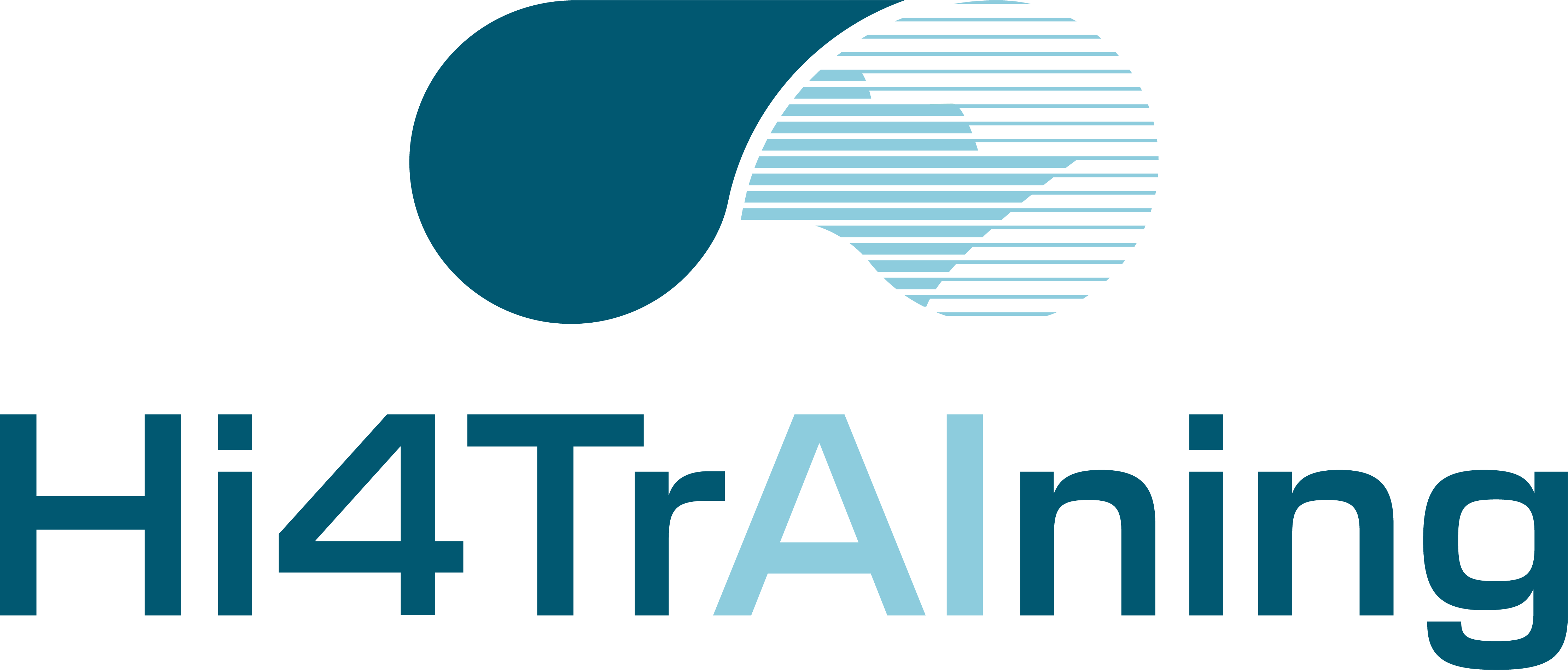
The Hi4TrAIning project aims to develop a virtual reality software platform that creates an extremely precise and dynamic training environment, visualized in real-time based on the operator’s reactions. Immersed in a realistic and interactive naval environment, integrated with high-fidelity fluid dynamics results managed through artificial intelligence techniques, users will gain a solid familiarity with the safety procedures necessary to handle emergency situations on board ships and in shipyards during the construction of naval vessels, such as gas leaks and complex maintenance scenarios.
This approach aims to enhance the learning, reaction, and decision-making capabilities of the crew and technicians operating on gas carriers and vessels with alternative fuel propulsion systems.
The companies M.E.S – Marine Engineering Services and ENGYS, with their extensive experience in the maritime sector and computational fluid dynamics, conceived the Hi4TrAIning project and submitted it to IRISS 2023 – Next Gen. EU – M4C2I2.3 (PNRR) call for proposals by SMACT Competence Center, securing funding of 399,366 euros out of a total cost of 669,669 euros.
The project involves SISSA mathLab for generating reduced models obtained through the processing of high-fidelity CFD analysis results related to gas dispersion, and the HCI Lab – Human-Computer Interaction Laboratory at the University of Udine, to reproduce the naval environment in high fidelity using virtual reality.